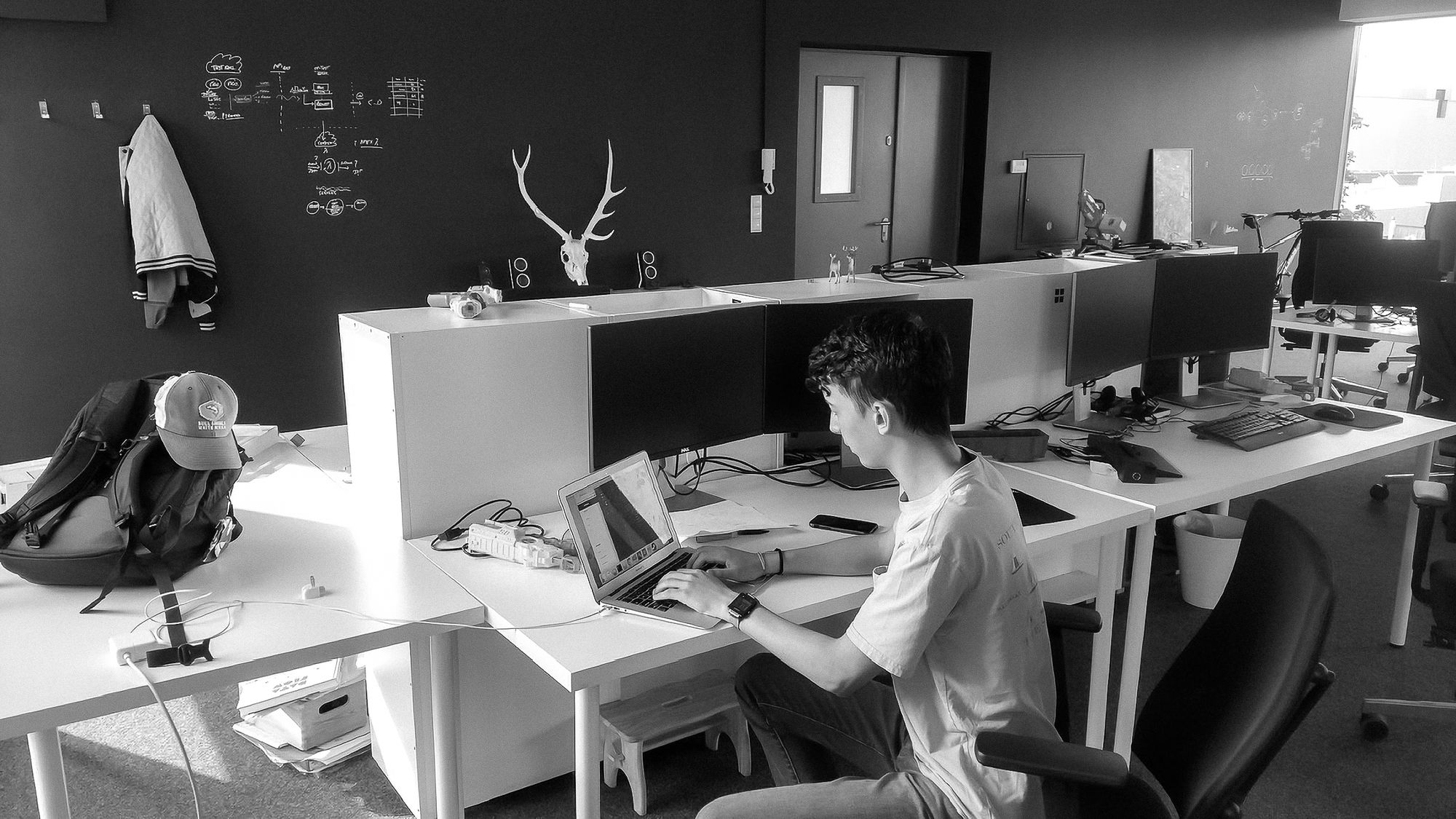Week 1: A CS Major Discovers Rust

Hello! Welcome to the first installment in my 10-week developer deep dive into learning and using Rust!
This series is the first (hopefully one of many) series I will be writing for my new blog, “bikes and bytes”, which will explore the intersection of technology, current events, and my personal projects and hobbies.
As an avid programmer, I am always looking for opportunities to cut into a different piece of the technological pie that is so prevalent in our world. While I will discuss my background in development in greater detail in Week 2, in my senior year of studying computer science at Stanford, I got an itch to start working on practical research and scientific applications of computer systems that triangulate the theory (CS classes) and business development (internships) that I have experienced so far as a burgeoning developer.
While reading Hacker News (a past time since I was a freshman in high school!), I came across the monthly “Who’s Hiring” posts that always seem to pique my interest. While not exactly in the job market yet, I am always curious to see what companies are hiring and what the in-demand candidates look like. One of the first posts I came across happened to be from Elliott Slaughter, a Staff Scientist working at SLAC, the National Accelerator Laboratory, located just a mile away from campus at Stanford and adjacent to my favorite bike climb out of Palo Alto, Sand Hill Road. (If that sounds familiar, your hunch is right: it’s the venture capital hotspot of the world).

In the past, I have had great experiences connecting with users on the platform, where discussion is rich and diverse, so I thought reaching out would be a fun discussion and potentially an interesting research opportunity to work on. I went to Prof. Alex Aiken, head of the research group promoted on HN, and had an eye-opening discussion on the future of distributed systems, the intersection of science and industry (especially in regards to new graduates), and about Legion, a distributed computing paradigm that he was working on with Elliott and other researchers. While the scientific application of Legion was out of the scope of my experience or interest, I realized that there was always a need for development on these teams. Sure enough, Prof. Aiken put me in touch with Elliott to see what kind of help I could offer. The next quarter at school, I started as a research assistant under Elliott, working on profiling tooling for Legion. The one caveat? He told me:
Learn Rust.
